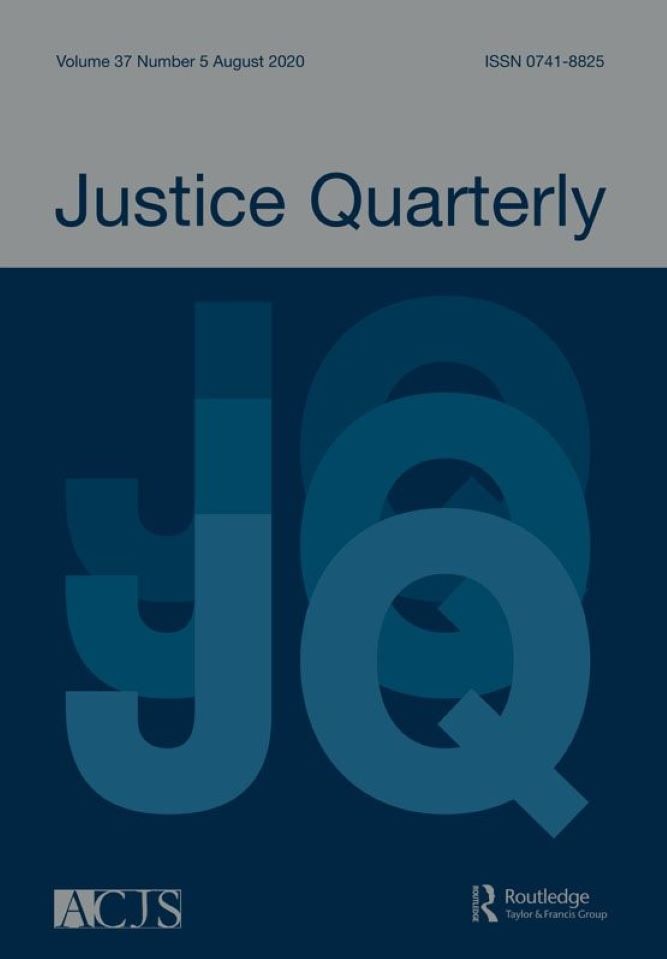From: Justice Quarterly
Social scientists have theorized about the corruption of crime reports (Bayley, 1983; Campbell, 1976). Yet, scant empirical research has examined the impact of modern policing methods on the accuracy of crime reporting. Our research uses an anonymous survey of 1,770 retired New York City police officers examining retirees’ experiences with crime report manipulations across their years of retirement. This includes retirees from the community policing as well as police performance management eras. We subject the data to various statistical tests including tabular analysis, graphical trends to visualize the data, MANOVA, and logistic regression to explain report manipulations. Results indicate that the misuse of the performance management system and pressures on officers from management are key explanations for manipulating crime reports. Individual explanatory variables such as gender, educational status, rank, race, and marital status had no effect. Our research supports Bayley’s and Campbell’s theories. We recommend greater transparency to remedy this.

 The College of Arts
The College of Arts